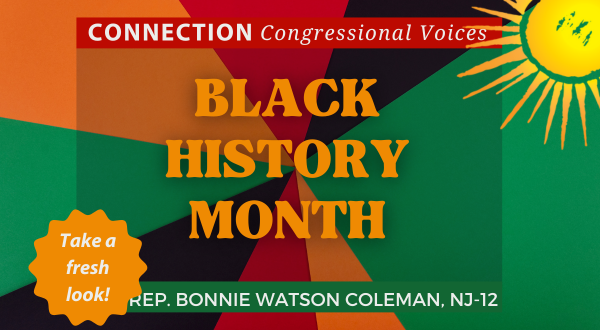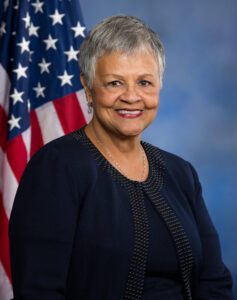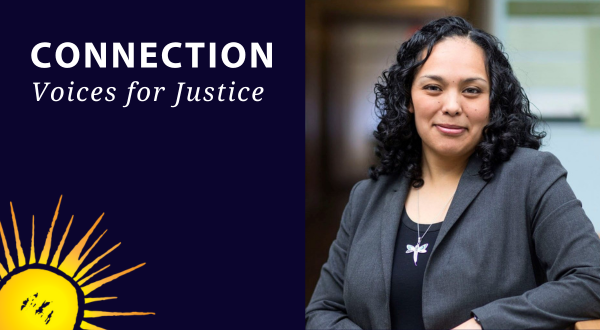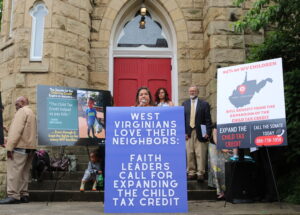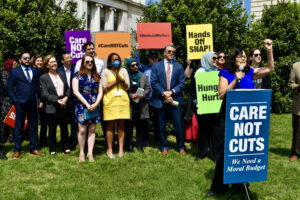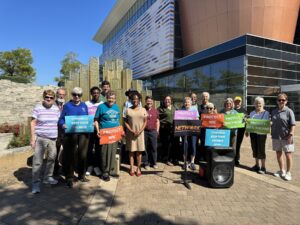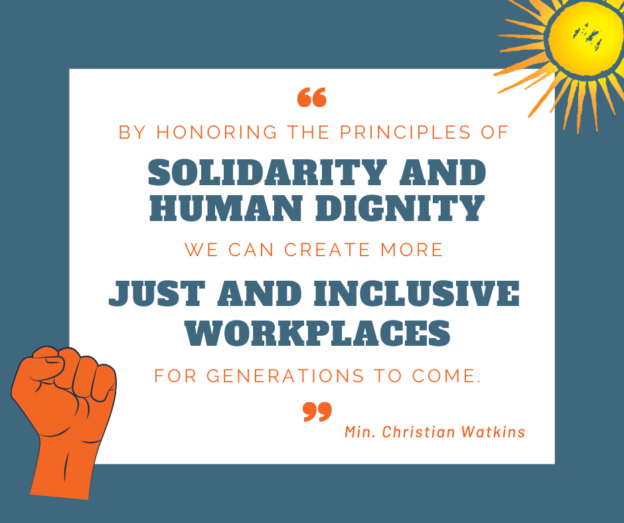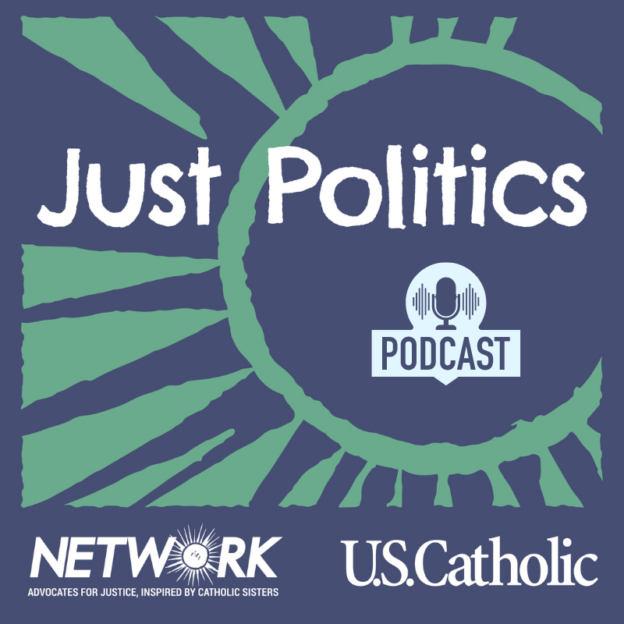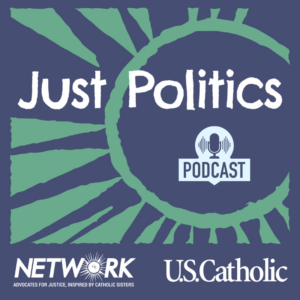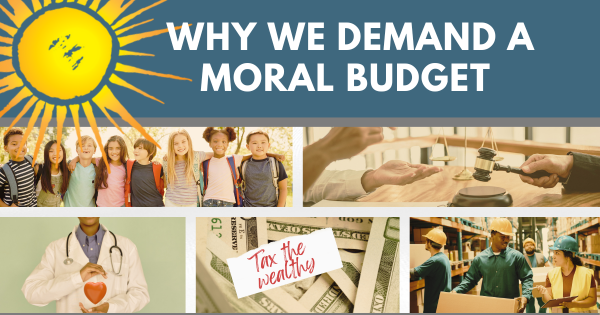
It’s Time for an Income Floor
Recent Crises Prove That We Can End Poverty in the U.S.
Black History Month Update
February 1, 2024
Rep. Bonnie Watson Coleman
November 29, 2023
My father, John S. Watson, instilled a core value that is my guiding principle: “To whom much is given, much is required.” This mantra from the Gospel of Luke was the impetus for my run for Congress.
Now that I have the privilege to represent New Jersey’s 12th congressional district in Congress, my core belief can be summed up around this concept: In the United States of America, there is a floor below which we should never allow any child, any family, or any person to fall. We have an obligation to ensure that every American is entitled to the pursuit of life, liberty, and happiness and has an equal opportunity to chase the American dream.
However, many of us know that it is difficult to achieve these pursuits without economic security. Anti-poverty advocates understand the wide array of factors that cause Americans to fall below this floor. It is time for us to evaluate what economic security means for all.
During my time in Congress, I have been fighting to close the wealth gap and ensure that all Americans receive a fair wage; a living wage, which data from the MIT Department of Urban Studies and Planning estimates would be $25.02 per hour, or $104,077.70 for a family of four. It is simply a moral outrage that there are millions of Americans surviving on wages below what is necessary to support themselves and their families. The arbitrary minimum wage — which is variously set between $7.25 per hour and $17.00 per hour depending on where one works — is simply not enough. The inability of millions of families to meet their basic needs, such as food, health care, clothing, and shelter in the richest country in the world is shameful.
Fortunately, we have the power to guarantee all Americans an income sufficient to care for their families in a safe, secure home, to afford quality medical care, and to secure a good education.
The concept of a guaranteed income, or directly giving unrestricted cash to people, offers dignity and self-determination for recipients. A one-size-fits-all approach to providing economic assistance to Americans combats the antiquated and misguided notions of deservedness rooted in distrust. As Dorothy Day said, “The Gospel takes away our right forever, to discriminate between the deserving and the undeserving poor.” All people, as children of God, deserve the necessities of life.
Guaranteed income also has historical relevance and was — and still is — a centerpiece demand of the Poor People’s Campaign, the movement to economically empower America’s most vulnerable. Martin Luther King, Jr. praised the idea of guaranteed income, stating that “the dignity of the individual will flourish when the decisions concerning his life are in his own hands, when he has the assurance that his income is stable and certain, and when he knows that he has the means to seek self-improvement.”
My piece of legislation I authored, the Guaranteed Income Pilot Program Act, would establish a nationwide pilot program to test the outcomes of a federally funded income support program that would keep more American families from experiencing permanent financial fallout and lasting poverty from a single unexpected crisis.
We have seen the devastating impacts of the pandemic on our economy. At the same time, the government’s response has demonstrated that there is a real and meaningful ability for federal programs to keep Americans out of poverty. The interventions taken by the federal government, in fact, led to one of the steepest declines in poverty in American history including a 50 percent decline in poverty among children. Every effort should be taken to make these programs permanent. The success of lowering poverty during an economic crisis further proves that, in modern economies, poverty is a choice.
Black women sit at the core of our economy, and yet they are routinely the last to benefit from economic booms and the first to suffer from downturns. This instability has a devastating effect on families and communities. The security and stability of a guaranteed income would unleash untold economic opportunities; the ripple from this transformative change would reach all corners of our economy.
The Gospel of Luke tells us that, when John answered to the crowd, he said “Anyone who has two shirts should share with the one who has none, and anyone who has food should do the same.” (3:11) What was accomplished to cut poverty during the COVID crisis shows us what is possible when our actions are in line with our priorities. We now have the opportunity to reimagine how we address the suffering of the most vulnerable in our society. There is no reason we can’t live in a world without poverty.







